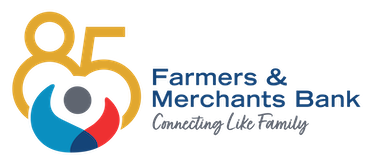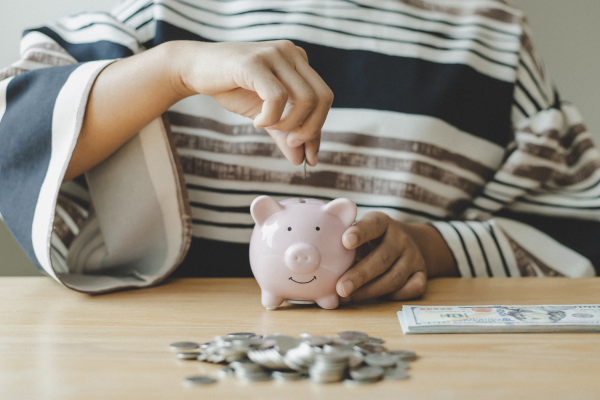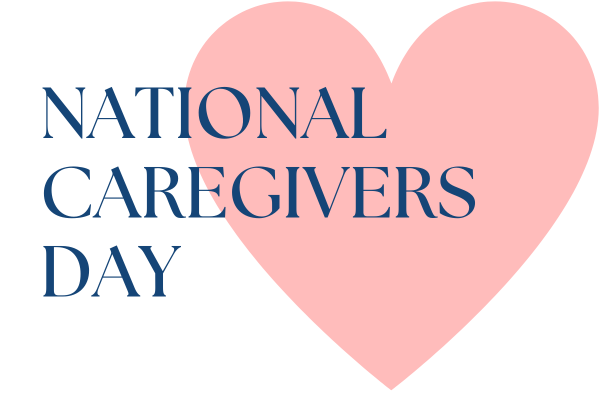
The Blog
Budget Basics
News
Dec. 07, 2023

What is a Budget?
A budget is a written plan detailing the money that you bring in and how much money you spend, and where it’s spent. Budgeting is critical to managing your wealth and can help you decide where to allocate your funds and avoid over-spending. Budgets will look different for everyone and can be detailed to separate your spending into categories or can be simple and stick to the basics: Income, Expenses, and Savings. With an understanding of the budget basics, you can track the amount you’re making compared to what you’re spending and saving.
The Basics:
Income
Your income is the total sum of your monthly earnings after taxes and other deductions like employer provided health insurance premiums or retirement contributions. It is important to deposit these funds into a checking and/or savings account so you know how much you have to spend on expenses for the month.
Expenses
Expenses are all of the various items you spend your money on every day. There are two main categories of expenses: fixed and flexible. Fixed expenses include necessities that can’t be eliminated and are the same amount each month. Your monthly rent or mortgage payments, your phone bill, any debt payments like your car or student loans, and insurance are examples of fixed expenses. You may even have these set up as automatic payments, so you don’t forget their due dates. Flexible expenses can be a different amount every month. These expenses can include necessities like groceries, some utility bills that are based on usage, fuel, and other day-to-day needs. Flexible expenses can also be fun items not required for basic survival, but make you happy.
Most sources of entertainment like going to dinner and a movie with friends, concert tickets, ordering lunch to the office, etc. vary month to month. Buying gifts, splurging on a new pair of shoes, or replacing your laptop are all flexible expenses as well. Any money that comes out of your bank account and is spent on any item should be included as an expense in your budget.
Savings
If you are in the position to save, do as much as possible and make it a priority when creating a budget. Some employers allow you to direct deposit your paycheck into more than one bank account, which can make it easy to save a certain dollar amount every month by putting it aside in a savings account automatically. It’s also a good idea to transfer any income that was not spent on expenses throughout the month into a savings account. Savings can be divided into different categories or priorities you want to save for the future. Typical savings buckets to put money towards include traveling, buying a new car or house, major home repairs, replacing broken items, a medical emergency, a college fund for you or your children, and even holiday spending.





